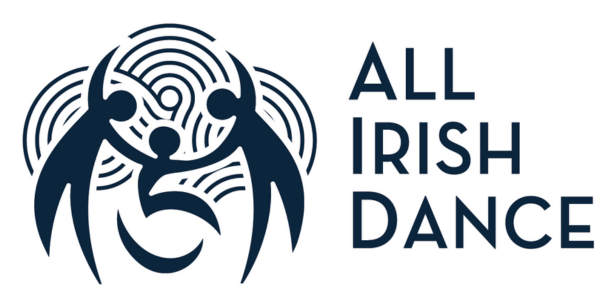What is Inclusive Adaptive Irish Céilí Dance?
Irish céilí dance, or simply céilí, refers to vernacular (or folk) group Irish dances in which couple, circle or progressive line dances are performed with a partner or partners. In essence, céilí involves movement in, through and on a dance space. These movements can be forwards, backwards, in a circular motion, or sideways in straight lines or on a diagonal trajectory. Dances normally consist of a small number of simple, repetitive movements in which patterns and shapes are created. Céilí can be danced for competition but is more regularly performed in a social and recreational context. The emphasis in céilí is on enjoyment and interacting with your partner and other dancers.
Adaptive céilí operates within the framework of the céilí dance genre. This framework is flexible and allows for interpretation and re-interpretation based on individual needs and abilities. Dances are therefore adapted in collaboration with participants to take account of their previous experience with the dance form, their age, agility, mobility, physical, cognitive or intellectual ability, and confidence. Adaptive céilí aims to be as inclusive as possible and participation in its broadest sense is encouraged. This can include, for example, physical participation in the dances; audience participation such as clapping or stamping to the rhythm of the music; or passive observation of the dance activity.
